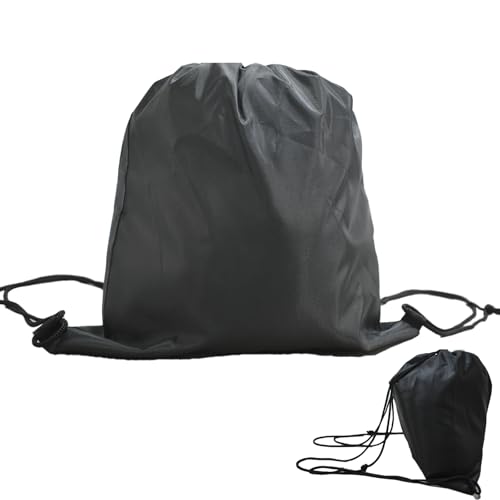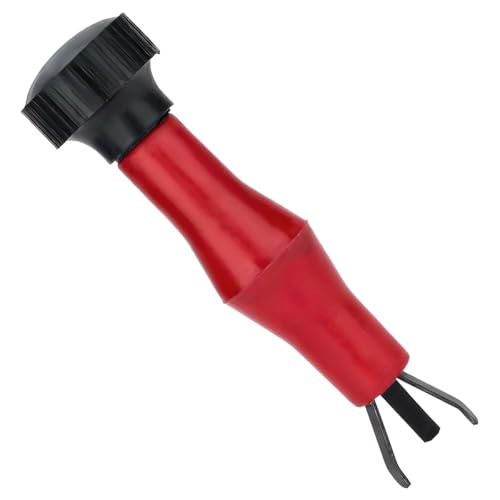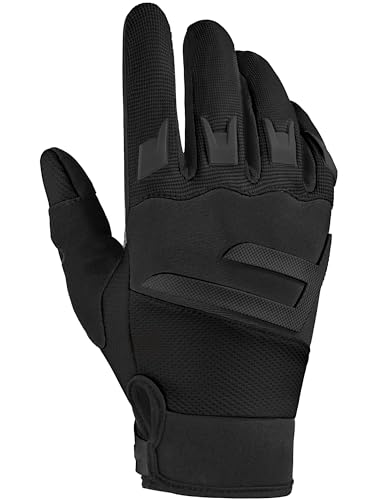I have a heat pump, have had it for about 17 years. It runs through a power co controlled circuit-in exchange for them being able to shut it down for 8-10 min per hour during high-use temp extremes, I get a rate that is roughly 40% of the going rate. It runs year around, automatically switching to gas furnace back-up, either running separately or in tandem, depending on demand. It is an air-air exchanger. It can maintain home temp at 70 degrees on it's own down to about 30 degrees. Below that the furnace kicks in occasionally to assist, running more and more often until 5-10 degrees, when the pump shuts down, and the furnace takes over. In summer the pump has no problem maintaining the house at 70 degrees again, although in very hot weather, when they start cycling (this only happens in summer by the way) it can begin to rise so that on a one hundred degree day, it can get as high as 78 by sunset (and our house faces south-southwest). It has run flawlessly for the entire time we've had it, requiring only the usual filter changes and fin cleaning-straightening that any HVAC needs. It saves us 2-400 dollars a year on average, part of which of course is the lower electric rate we get. The sizing of the unit is critical-as it is, it runs just about perfect cycling wise, too large and it will not run enough, too small and it never shuts off. I would do it again in a heartbeat, given the same deal we have now. When I got it, the utility offered 3% money, payments included with the electric bill. A no brainer. It is a Janitrol by the way, with a scroll compressor. Oh, and temp range here is aprox 120 degrees.































































